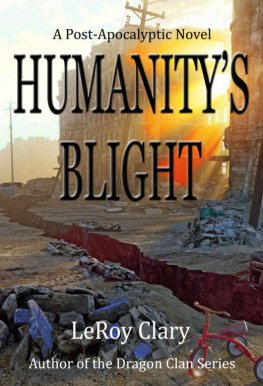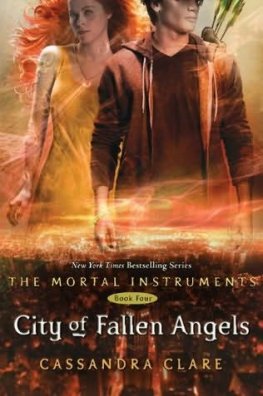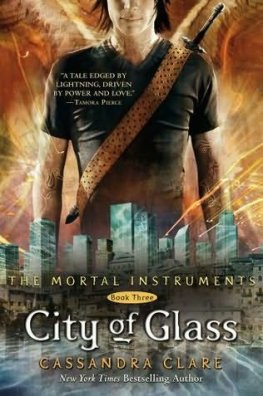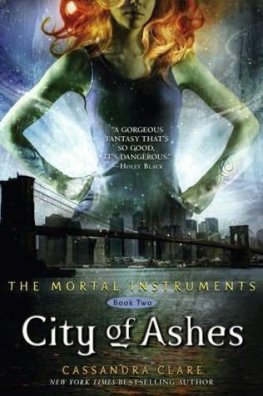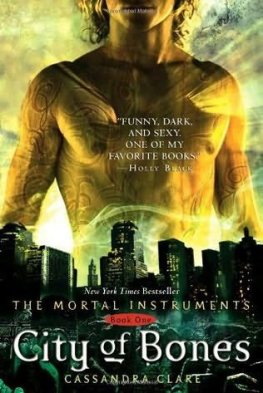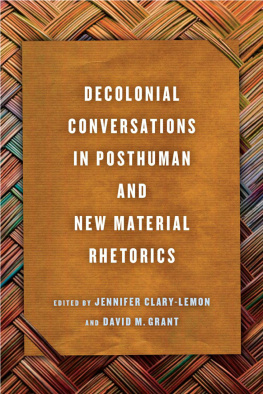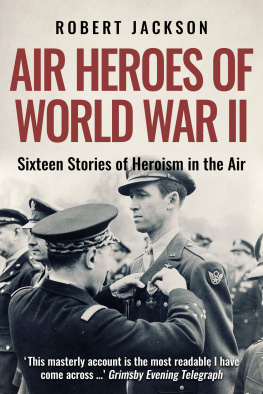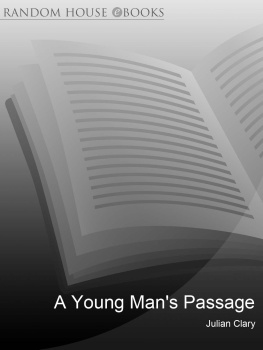Robert Clary - From the Holocaust to Hogans Heroes: The Autobiography of Robert Clary
Here you can read online Robert Clary - From the Holocaust to Hogans Heroes: The Autobiography of Robert Clary full text of the book (entire story) in english for free. Download pdf and epub, get meaning, cover and reviews about this ebook. year: 2008, publisher: Taylor Trade Publishing, genre: Non-fiction. Description of the work, (preface) as well as reviews are available. Best literature library LitArk.com created for fans of good reading and offers a wide selection of genres:
Romance novel
Science fiction
Adventure
Detective
Science
History
Home and family
Prose
Art
Politics
Computer
Non-fiction
Religion
Business
Children
Humor
Choose a favorite category and find really read worthwhile books. Enjoy immersion in the world of imagination, feel the emotions of the characters or learn something new for yourself, make an fascinating discovery.

- Book:From the Holocaust to Hogans Heroes: The Autobiography of Robert Clary
- Author:
- Publisher:Taylor Trade Publishing
- Genre:
- Year:2008
- Rating:3 / 5
- Favourites:Add to favourites
- Your mark:
- 60
- 1
- 2
- 3
- 4
- 5
From the Holocaust to Hogans Heroes: The Autobiography of Robert Clary: summary, description and annotation
We offer to read an annotation, description, summary or preface (depends on what the author of the book "From the Holocaust to Hogans Heroes: The Autobiography of Robert Clary" wrote himself). If you haven't found the necessary information about the book — write in the comments, we will try to find it.
Robert Clary: author's other books
Who wrote From the Holocaust to Hogans Heroes: The Autobiography of Robert Clary? Find out the surname, the name of the author of the book and a list of all author's works by series.
From the Holocaust to Hogans Heroes: The Autobiography of Robert Clary — read online for free the complete book (whole text) full work
Below is the text of the book, divided by pages. System saving the place of the last page read, allows you to conveniently read the book "From the Holocaust to Hogans Heroes: The Autobiography of Robert Clary" online for free, without having to search again every time where you left off. Put a bookmark, and you can go to the page where you finished reading at any time.
Font size:
Interval:
Bookmark:
From the Holocaust
to Hogans Heroes
Hogans Heroes
The Autobiography of Robert Clary
Robert Clary

Copyright 2001 by Robert Clary
First Taylor Trade paperback edition 2008
All rights reserved. No part of this book may be reproduced in any form or by any electronic or mechanical means, including information storage and retrieval systems, without written permission from the publisher, except by a reviewer who may quote passages in a review.
Published by Taylor Trade Publishing
An imprint of The Rowman & Littlefield Publishing Group, Inc.
4501 Forbes Boulevard, Suite 200, Lanham, Maryland 20706
www.rlpgtrade.com
Estover Road, Plymouth PL6 7PY, United Kingdom
Distributed by NATIONAL BOOK NETWORK
The hardback edition of this book was previously cataloged by the Library of Congress as follows:
Clary, Robert
From the Holocaust to Hogans Heroes : the autobiography of Robert Clary / Robert Clary.
p. cm.
1. Clary, Robert. 2. ActorsUnited StatesBiography. I. Title.
PN2287.C5447 A3 2001
792028092dc21 | 2001049206 |
ISBN-13: 978-1-58979-345-3 (pbk : alk. paper)
ISBN-10: 1-58979-345-5 (pbk : alk. paper)
 The paper used in this publication meets the minimum requirements of American National Standard for Information SciencesPermanence of Paper for Printed Library Materials, ANSI/NISO Z39.48-1992.
The paper used in this publication meets the minimum requirements of American National Standard for Information SciencesPermanence of Paper for Printed Library Materials, ANSI/NISO Z39.48-1992.
Manufactured in the United States of America.
I want to thank the following:
The late Ronny Graham, without whom this book would never have been written. He kept asking me questionsas early as 1952, when we appeared together in New Faces of 1952about my youth, my years in concentration camps, my surviving that dark period, and urged me to write it down.
My friend Robert Bassing, who helped me tremendously to put this book together and corrected all my grammatical errors.
My nephew, Brian Gari, who read the finished script and told me he would find me a publisher, and, thanks to his tenacity, did.
And last, but far from least, my wife Natalie, who always encouraged me with every enterprise I tackled.
This book is dedicated to my parents, who brought me into this wonderful imperfect world.
From the Holocaust
to Hogans Heroes
I have a photograph of my parents taken in 1929 when I was three years old. In that picture, they appeared to be absolutely mad at the world, when actually they were furious with me. Not wanting to be photographed, all I did was cry my eyes out. I didnt want to face that frightening man with the piece of black velvet draped over his head. My, how I have changed. Mention picture call to me and Im the first one ready with a big smile. Moishe and Baila look quite handsome, he standing straight with his right hand holding the back of the chair where my mother was sitting. Her brown hair simply coiffed, her eyes clear and blue, projecting tenderness. I have inherited her nose, which is short but wide at the base, and her full lips. My father at that time had a trim Vandyke beard. He always managed to be well dressed. He was slim and of medium height, with straight dark hair, getting grey at the temples, deep brown eyes that could make you tremble with fear when he was cross, and a slightly aquiline nose.
My father was an orthodox Jew. On Friday evening before sundown, he would stop working, bathe, put on clean clothes, and go to the synagogue on the Rue de Pave, very close by. My mother would prepare the dinnergefilte fish, chicken soup, and all the marvelous foods orthodox Jews have on the Sabbath. Nobody in our household would work on Saturday or touch the electricity or gas. It was a day of rest. My parents would walk, because they couldnt use transportation, to visit my brothers and sisters who were married. That was their Saturday. Then my father would go back to work on Sunday.
We lived in Paris on lIle St. Louis, in a small apartment on 10 Rue des Deux Ponts. It looked immense when I was a kid, but it was ridiculously tiny. There was a small narrow entry hall, a kitchen, a dining room, two bedrooms, and a toilet. Three sewing machines were in our kitchen near the window where the sunlight came through in the afternoon. We had a large armoire, painted ivory, with a top glassed-in cupboard that held the plates and eating utensils; in the bottom cupboard, we kept fresh, delicious bread and all the canned goods and produce. Next to the big stove, which was fed with black charcoal and small pieces of wood and was used in winter, we had a two-burner gas plate on the sink counter. We washed up at the kitchen sink. On Friday evening before sundown, my mother, against my will, would bathe me there. Later on I was sent once a week to the Bains-Douches, a public bathhouse on the first floor right under our apartment.
There were five girls living at home. Ida and Aime, the two oldest, shared a couch in the dining room. Hlene, Ccile, Madeleine, and I slept in one of the two bedrooms, except in the winter when my folded bed was moved into the kitchen near the stove. Hanging in our bedroom was an enlarged photograph of my grandparents on my fathers side. They looked directly into the camera when the picture was taken, so no matter which part of the room you were in, their eyes stared at you. Having your picture taken in those days was a serious business. Thats probably why they looked so severe. My grandmother was wearing a terrible wig under a flowered hat. It was required by orthodox law that, when she got married, she shave her head so as not to entice other men. She had a glass eye, and the real eye was glaring at me.
That photograph scared me to death. Because I was the youngest, I would always be the first one to go to bed, and there I would be alone in the dark room, knowing my grandmother was staring at me with her one good eye, and fearing that she was going to come out of the photograph, suddenly alive, grab me and take me with her to wherever she was. I used to sleep with the covers completely over me, except for my nose and my mouth, so I could breathe. I slept like that for quite a few years, even when I wasnt sleeping in that room anymore. My grandfather didnt look too bad, with a yarmulke on his head, and a greyish beard. He looked rather nice, but not smiling.
For years I didnt know where my grandparents were born. My real name is Widerman (pronounced Veederman). It sounded very German to me, and I had always assumed that my ancestors came from Germany. But my half-brother Henri straightened me out. He said, Your grandparents were born in Poland, and so were your great grandparents. My mother also had a German-sounding name, Stulman. She was born in 1886, either in Radom, Przyszk, or Pizytyh. None of my family knows for sure. Her father was a wine merchant in Warsaw. Her mother, who sold eggs in a market in the suburbs of Warsaw, was mean and stingy and would never give her anything. My mother became engaged to a man who went to the United States without marrying her. Feeling rejected by her family, she married my father when she was eighteen, fifteen years his junior, and suddenly found herself the mother of his many children, some of them only a few years younger than she.
Until 1978, I always thought I was the thirteenth and last of my fathers children. That year, when I was in Paris, I talked to my fathers only sister, Aunt Saresta, who was eighty-eight years old but still sharp and lucid. I asked her, How many children did my father have? Didnt he have five with his first wife and eight with my mother?
Next pageFont size:
Interval:
Bookmark:
Similar books «From the Holocaust to Hogans Heroes: The Autobiography of Robert Clary»
Look at similar books to From the Holocaust to Hogans Heroes: The Autobiography of Robert Clary. We have selected literature similar in name and meaning in the hope of providing readers with more options to find new, interesting, not yet read works.
Discussion, reviews of the book From the Holocaust to Hogans Heroes: The Autobiography of Robert Clary and just readers' own opinions. Leave your comments, write what you think about the work, its meaning or the main characters. Specify what exactly you liked and what you didn't like, and why you think so.

